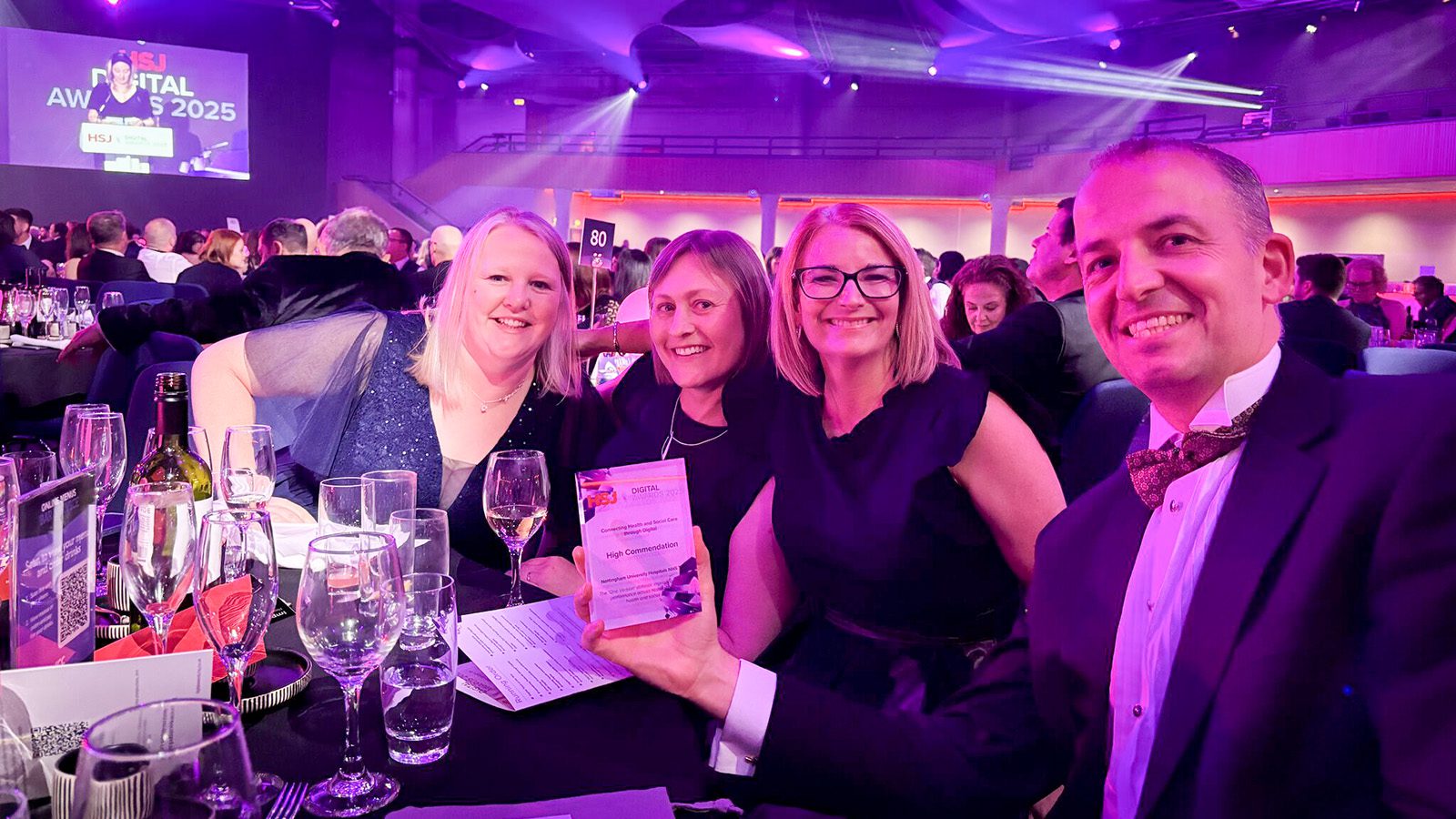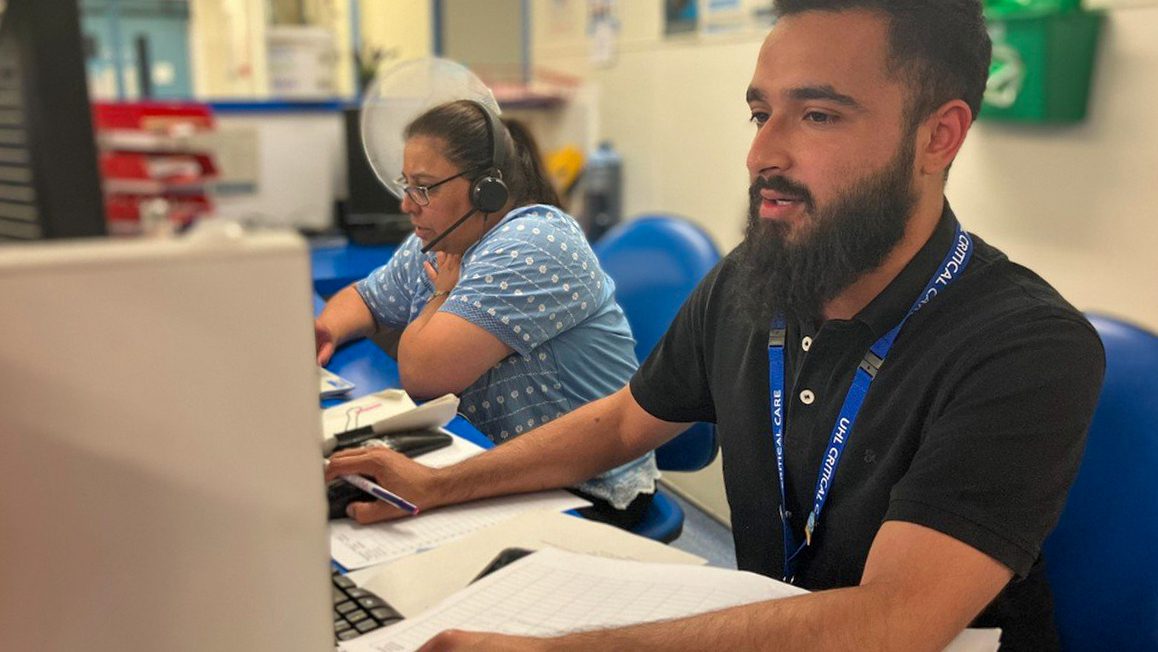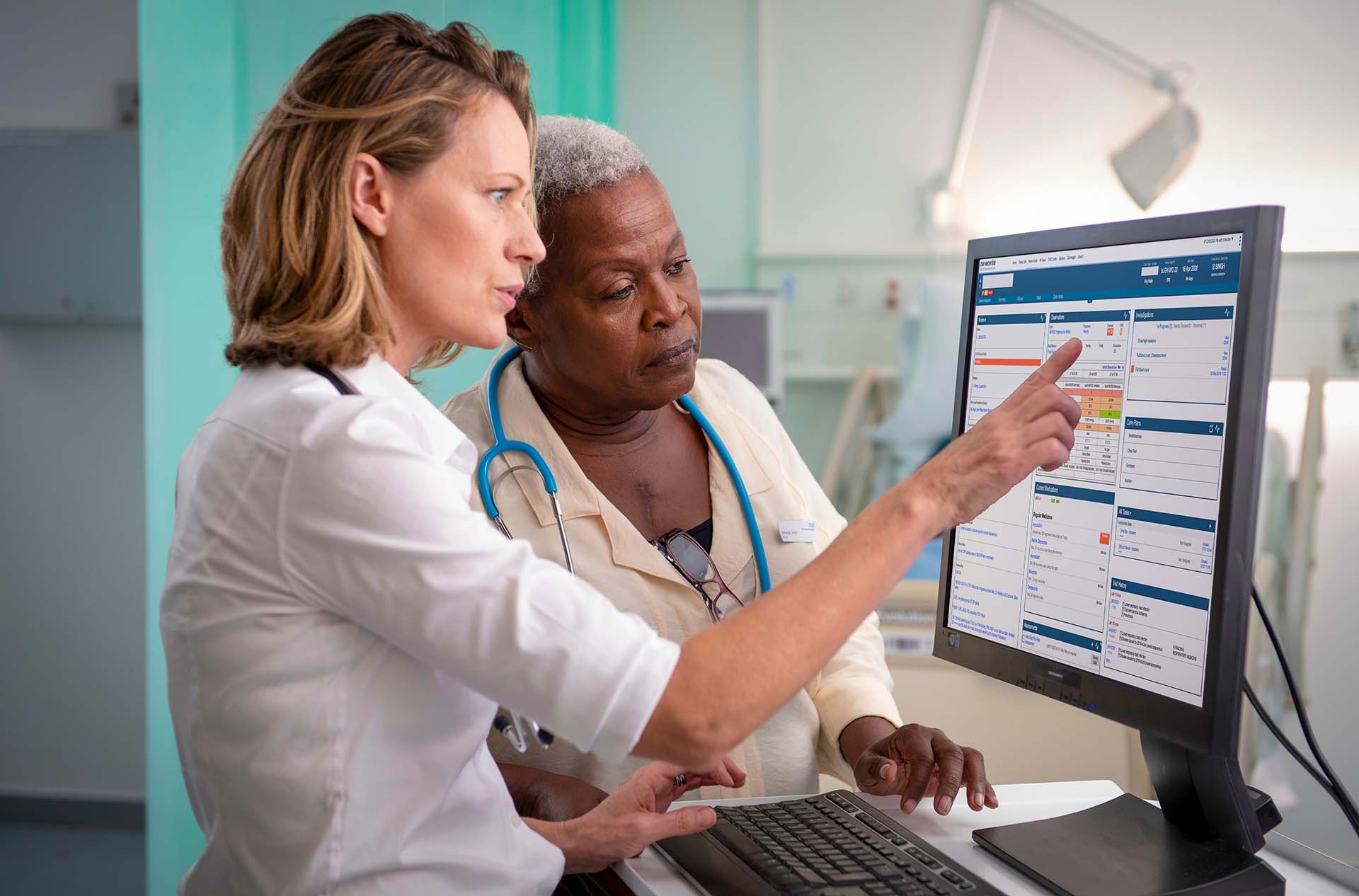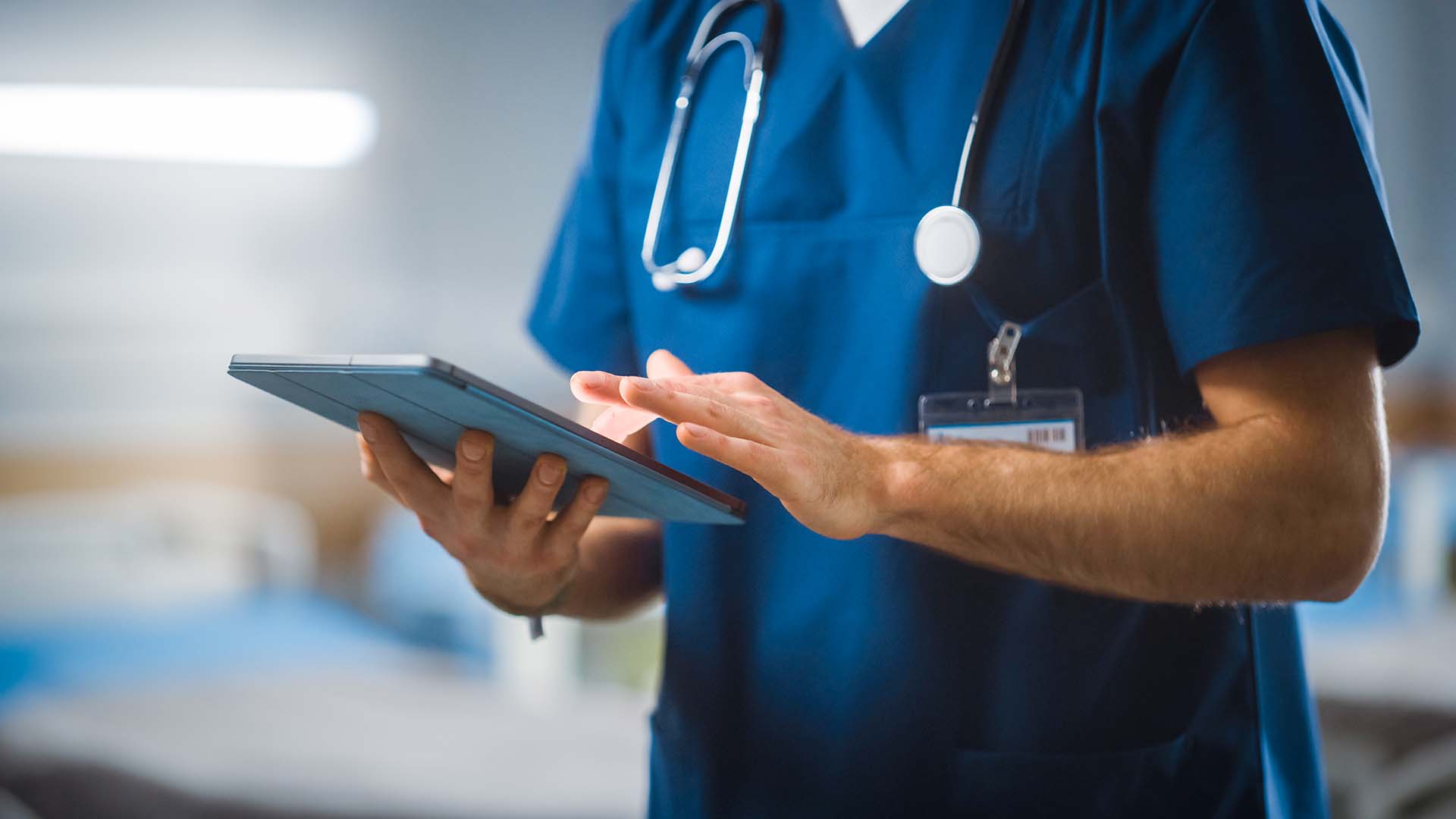Funded by the Safer Wards, Safer Hospital initiative (Integrated Digital Care Fund), nursing staff and doctors will each use the software on an iPad or iPod touch to record and monitor patient observations direct at the bedside. Key intellectual functionality includes calculating Early Warning Scores which will intuitively alert individual clinical staff that urgent attention is required and cascade results to the specified care team.
The solution also provides a robust task management and handover system used by both doctors and nurses, 24/7, which ensures there is a smooth transition of accurate clinical information for continuous patient care including advanced escalations.
The Nervecentre solution enables the specialist children’s hospital to significantly increase communication between clinical staff and teams within the hospital and to have instant visibility of each patients ‘real time’ condition; all of which form part of the hospital’s long-term ‘recognising deteriorating children’ project.
For the last 6 months, GOSH have been piloting the Nervecentre Solution on 2 wards as part of a scoping project to ensure the software is modelled specifically to meet all the objectives and requirements bespoke to this pioneering hospital. Over the next 6 months, the new system and mobile devices will be rolled out to the rest of the 38 ward hospital.
Helen Vigne, GOSH ICT Projects Manager explains, “Because we are a tertiary referral centre we have a bespoke group of patients. We needed an electronic solution that could be configured to the specialist needs of each clinical area. We also needed a mobile health platform for showing ‘real time’ data to be able increase communication between staff and clinical teams”. So, this solution will become a vital system supporting clinical staff to respond rapidly and effectively to deteriorating patients.”
Sarah Newcombe, GOSH Clinical Site Practitioner and Project Clinical Lead, said,”Recognising and responding to the deteriorating patient is a well recognised national and international patient safety issue. The clinical teams required a real time system that would assist them in early recognition and prompt escalation of our patients. This tool has supported bedside nurses in identifying risk factors during their routine assessments thus improving the care of our patients.
“Clinician feedback on the pilot has been very positive as the system gives us maximum visibility of all patients wherever you are in the hospital and enables us to instantly deliver accurate information and automated alerts to clinicians throughout the day or night.”
Great Ormond Street Hospital’s use of mobile technology goes hand in hand with the NHS Personalised Health and Care 2020 framework through the better use of data and technology to improve health, transforming the quality and reducing the cost of health and care services.





